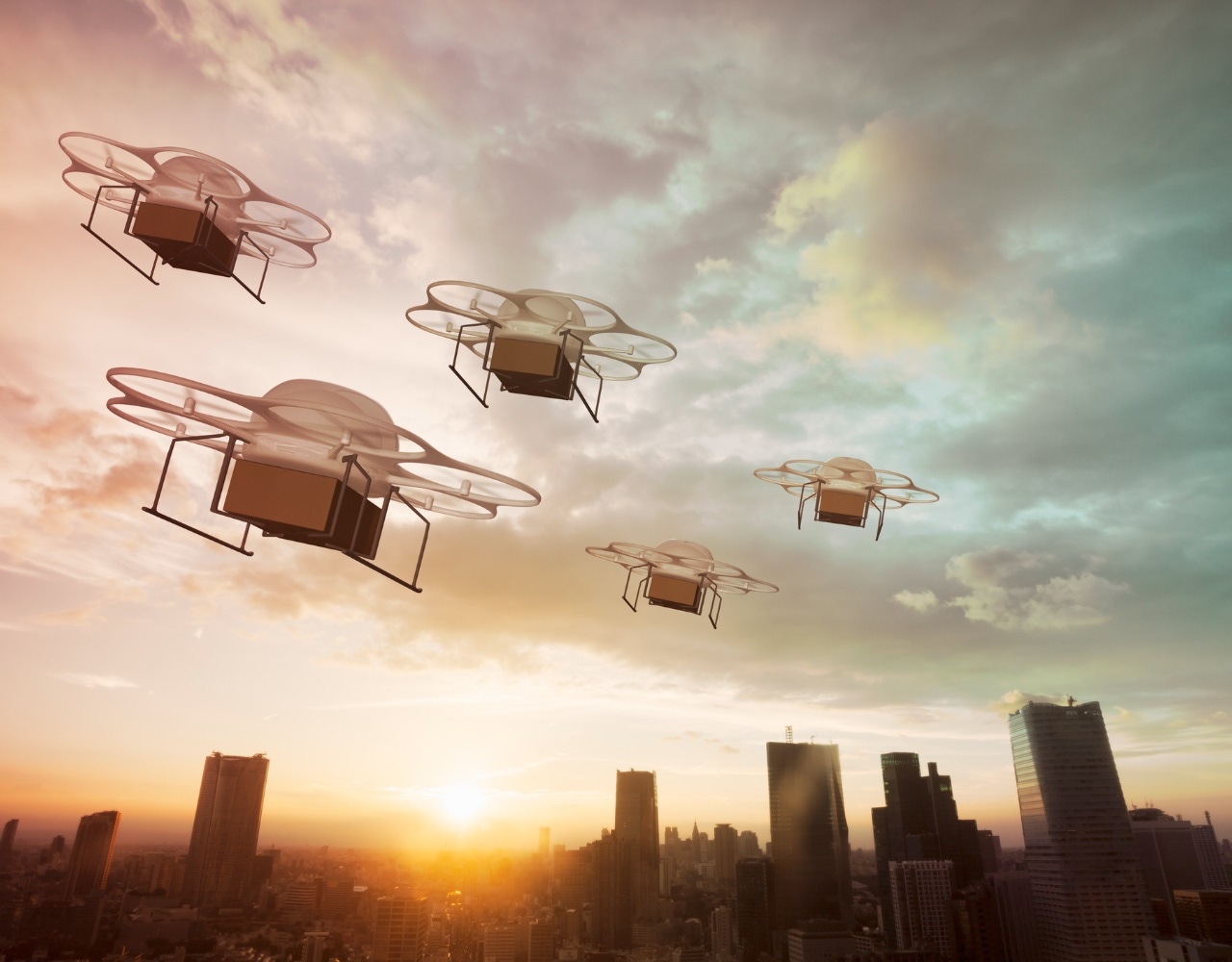
Connects decision-makers and solutions creators to what's next in quantum computing
Quantum Computing Studies to Manage Drones, Self-Driving Cars
Research has potential to transform autonomous logistics, transportation, defense, exploration

Future fleets of autonomous devices, such as drones and self-driving cars, could use quantum entanglement to coordinate their movements more efficiently and reduce communication overhead.
A study by researchers at the University of Kent in the U.K. investigated whether quantum computers could solve the “rendezvous problem.”
This problem looks at how two or more moving objects or “agents” could meet in a shared space despite starting from unknown, random or separate locations. It has real-world applications in coordinating autonomous systems.
Mathematicians often study the rendezvous problem in the context of graph theory, where the “space” is represented as a graph and the agents move along its edges.
Using classical computing methods to solve it can be limited by the need for extensive communication and coordination, especially in complex or dynamic environments.
The researchers investigated a quantum-assisted approach where agents share entangled qubits before deployment. This entanglement allows the agents to influence each other's decisions using quantum mechanics, without direct communication.
The team validated their theoretical models using an IBM superconducting quantum computer, simulating various graph structures and initial conditions. The results demonstrated that quantum-assisted strategies achieved higher success rates than classical methods in coordinating rendezvous without the need for continuous communication.
This could be used by future autonomous systems, even where communication channels are unreliable, bandwidth is limited or stealth is required. The study lays the groundwork for future technologies that could revolutionize fields including logistics, transportation, defense and exploration.
However, several hurdles need to be overcome before it can be used practically, including the limitations of current quantum hardware and the challenges of integrating quantum systems with classical control mechanisms in autonomous devices.
“Our research has made significant progress in using quantum computing for real-world impact,” said project lead Josh Tucker.
“Our findings provide a route towards possible practical applications of quantum computing, as well as highlighting the challenges and limitations when implementing these strategies on current quantum hardware.”
About the Author
You May Also Like
.png?width=100&auto=webp&quality=80&disable=upscale)
.png?width=400&auto=webp&quality=80&disable=upscale)




